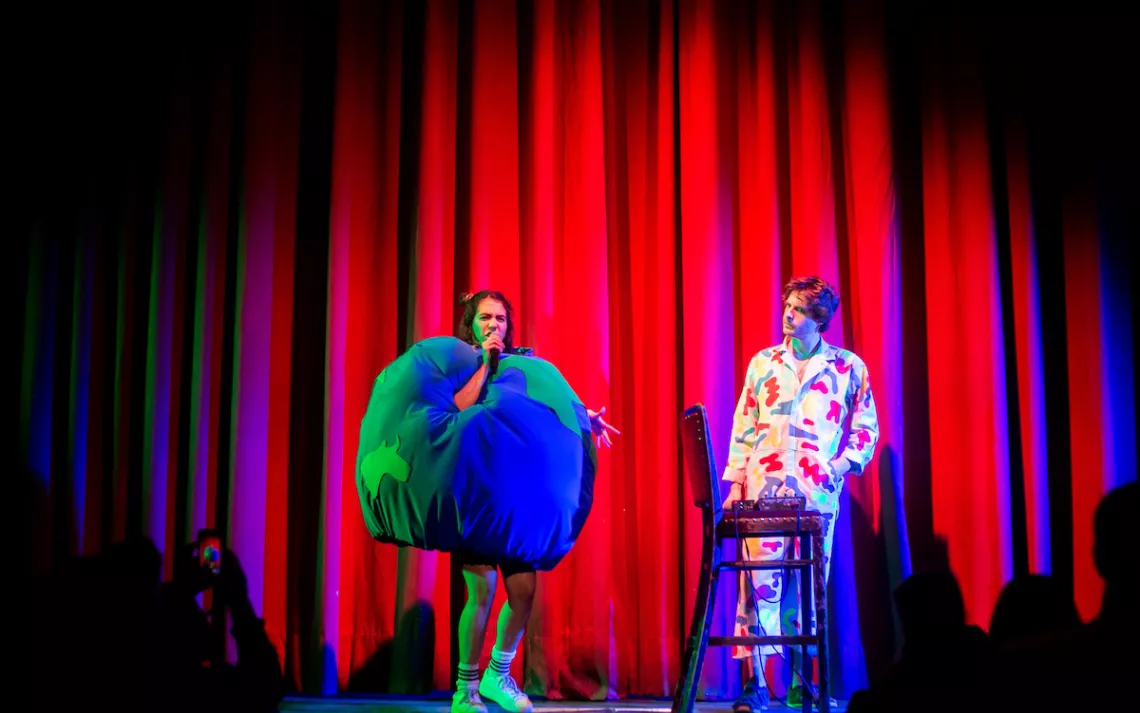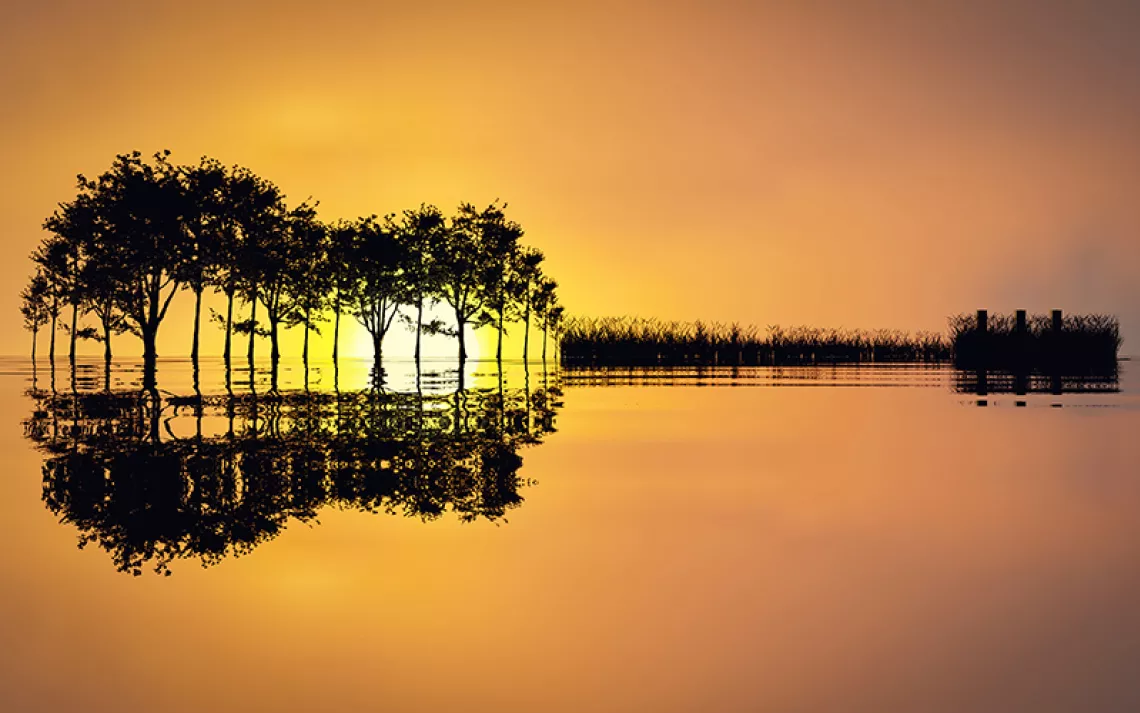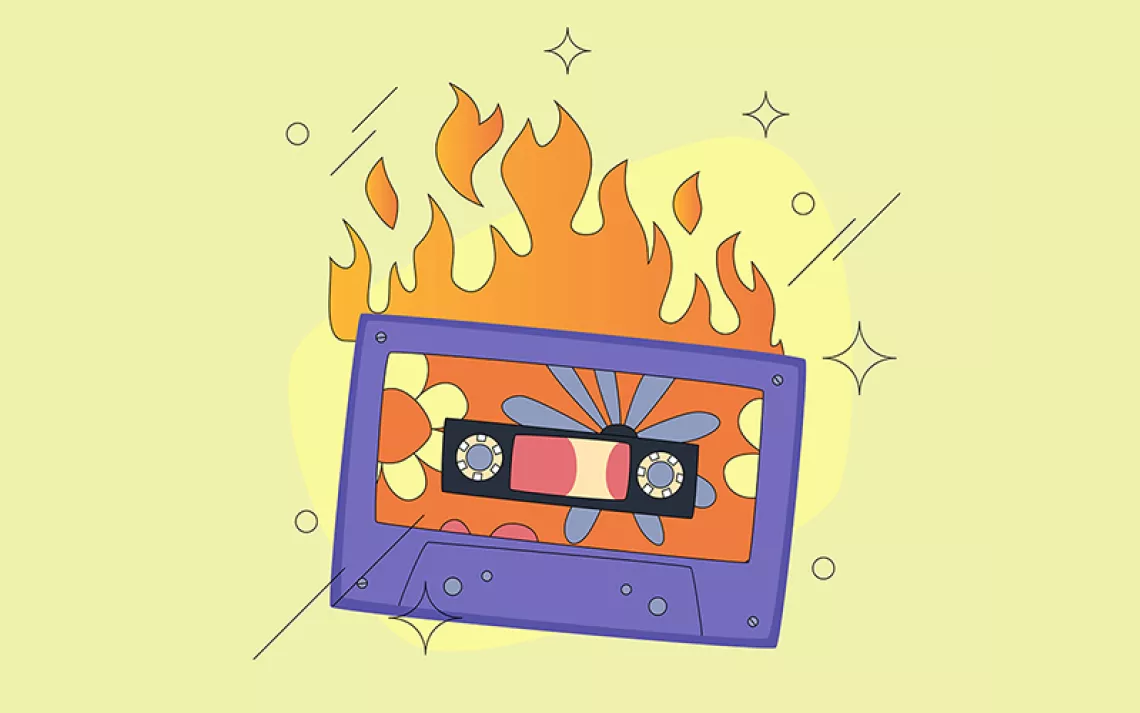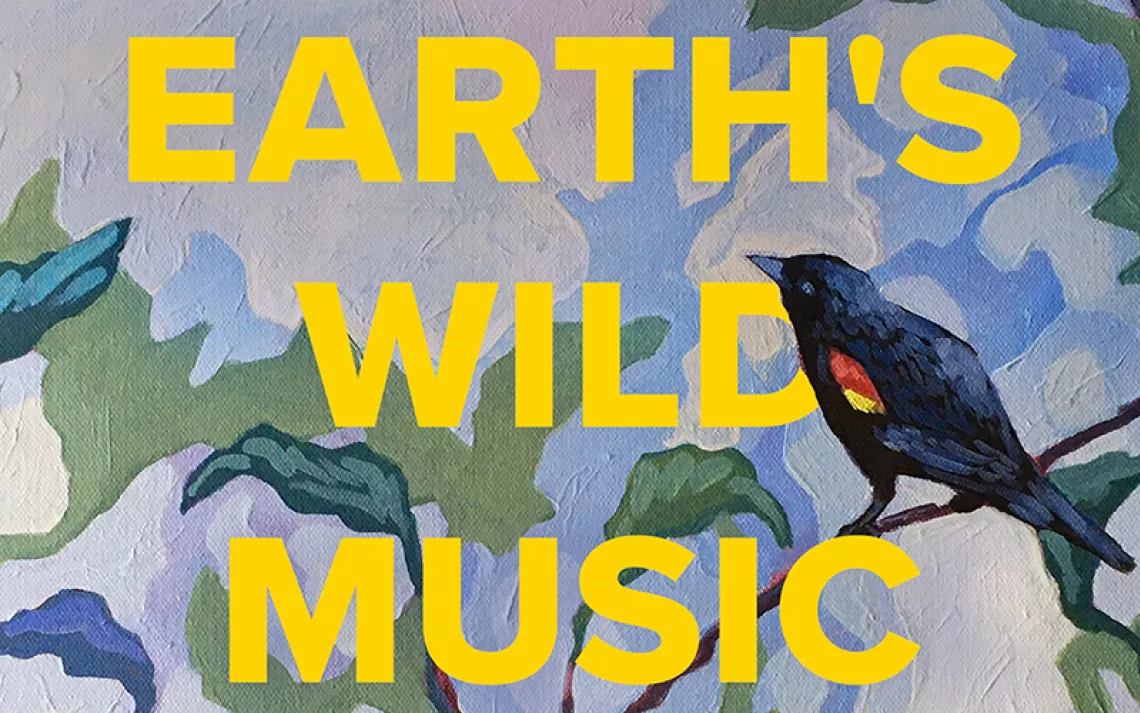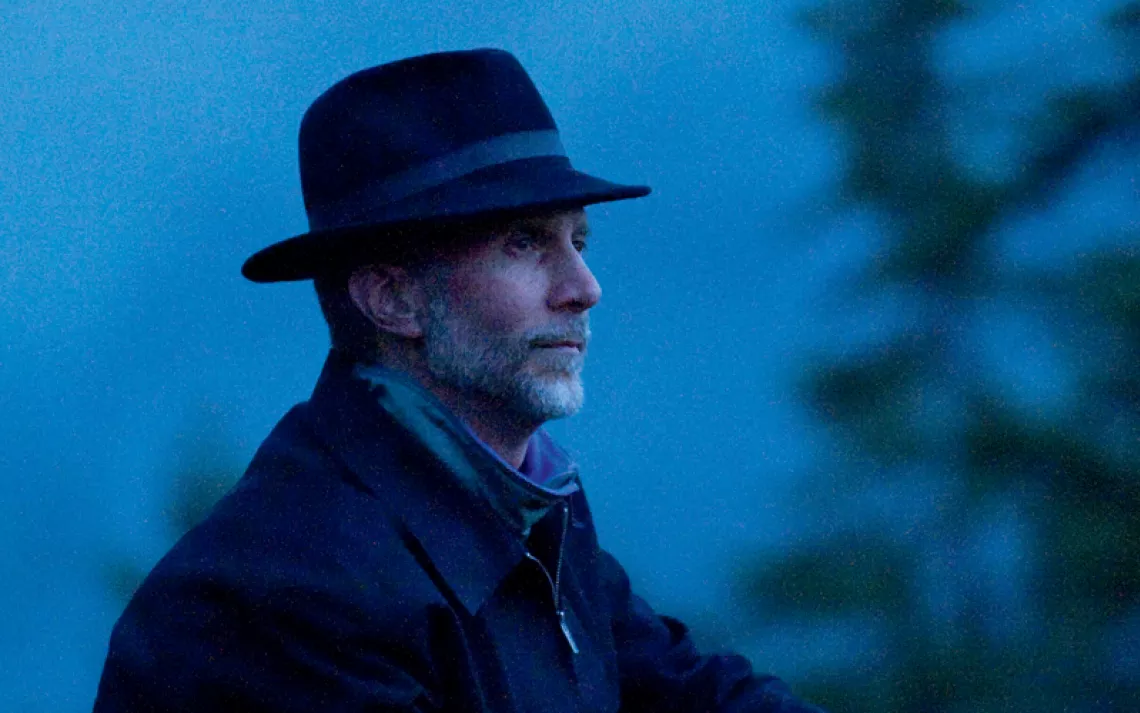Meet Eco-Hip-Hop's Nate & Hila
They're at the vanguard of the movement
Sierra’s July/August “Green Beats” article introduced readers to the small but growing genre of eco-hip-hop, forged by artists bent on spreading environmental advocacy through music. Eco-hip-hop is doing what rap has been doing for decades, according to Nathan Oglesby of Nate & Hila (one of the groups profiled in the piece)—"bringing people together and sharing ideas through unadulterated poetry.” Sierra recently sat down with Oglesby and his partner, Hila Perry, to learn more about their artistic mission—and to check out the New York City–based pair’s playful music videos.
***
Sierra: What were you doing before you found eco-hip-hop?
Nate: We were each doing our own thing. I was doing abstract philosophical rap, less directive and more sprawling. It was hyper-intellectual without an object.
Hila: I was doing body-positive, sexual and body humor songs and performances. For example, I did a song called “Body Hair.”
Why the pivot to ecology and the planet?
Nate: For me, it just felt like a necessity, even from a philosophical standpoint. I have an academic background, and my dissertation was about viewing the cosmos as a living organism. The idea compelled me in turn to evaluate how I’m orienting myself to my world. I started to have this feeling that all matter is valuable. All matter matters. From that principle trickles all kinds of political and artistic necessities—and it finally gave my art-making a sense of holistic purpose.
Hila: As someone who grew up in Lower Manhattan, I didn’t really have a chance to engage with plants and trees and clean air. I was very alienated from all that. When I was 14, I went into a forest for the first time ever. That was monumental. My entrance into learning about ecology came from a desire to reduce my waste [see video for Nate & Hila’s “I Am Plastic, Man” below], but gradually, I had an awakening and it was just so clear to me that nature provides everything that we need. It’s just so important; it’s everything—really everything. I’ve been devoting my life to learning how to best honor that realization and engage with it.
First and foremost, do you consider yourself to be eco-advocates or musicians?
Hila: First and foremost, I am myself. And then I’m also an activist, musician, writer, comedian, and filmmaker. But eco-activism is definitely a big part of what drives me as a person and artist.
Nate: We’re working up to a place where there’s no difference between art and activism.
Who are your major influencers and role models?
Nate: Two philosophers brought me to this stuff. One is Alfred North Whitehead, the guy I wrote my dissertation on. Whitehead views the world, the universe—the whole thing—as organic. Everything is sort of one whole. That maps onto my ecological thinking in the sense that there’s a sacredness and even a psychic quality to everything. The other is the Norwegian philosopher Arne Naess, the founder of deep ecology. Naess pointed out that our ecological thinking is very anthropocentric rather than having a deep ethics that addresses the lives and right to life of every type of lifeform. I think our ecologic thinking is still extremely human-centric. All our climate hysteria is still very, like, ‘Oh shit, we’re gonna die.’ We just haven’t thought outside the box of our own experience.
Hila: I actually have a list of 50 people I consider my role models and influencers, ha ha. But some of the most interesting and creative ideas I’ve gotten came from the Center for Bioregional Living, a New York–based permaculture school where I took a design class. I applied the knowledge I acquired there to build a compost bin at a cafe where I worked, to stop all the coffee grounds and banana peels and other organic waste from going into black landfill bags. I ended up with over 1,000 pounds of compost! A big portion of it went to the auto shop across the street, where this guy, Phil, has a garden among all these car parts and grows peppers and tomatoes.
How do you settle on a topic to sing about?
Nate: We typically want to make some kind of point, but there has to be some sort of hooking concept, so it lodges itself in the mind. It can consist of a pun or a silly idea to make it humorous or memorable, but it’s not just like, ‘And here’s the lecture in rhyme.’ We also really try to deemphasize preaching about issues and instead just want to explore things with people and get them to think with us.
Hila: One of our most recent songs, “Die for That Pussy (Honeybee Sex),” [see video, below] was the result of me taking an apprenticeship at the Honey Bee Conservancy here in New York. I helped build an apiary and learned about how to care for bees.
Nate: We got really interested in bees’ reproductive habits. The concept of this male (or at least, chromosomally, partially male creature) living and dying for one purpose—to have sex and then perish—just opens up all these different possibilities for exploring gender roles and collectivism versus individuality. And it’s silly as f*ck, because, you know, you’re dying for that pussy.
What have been some of your most meaningful interactions with fans?
Hila: A lot of people reach out to us and let us know that hearing us talk about certain ecological ideas has inspired their own thinking. Some people tell us about how they’ve started to bring their own cup, or they compost, or something about poop. [See below video…]
What are your goals for the future, both for yourselves and for the eco-hip-hop and broader ecology movement?
Hila: It’s hard to think about the future now because it’s such an interesting period of time where things are so uncertain. But for Nate & Hila, and for the larger movement, we want to build, build, build. We want to create a huge catalog of songs and resources about everything, whether it comes to water conservation, solar energy, or food and nutrition. We’d like to address all the basic things you can think of about how we relate to the planet and to each other. I’d also love to see us become involved in initiatives to green the city, and to be making art about it—to create the soundtrack for that change. These are all things we’re thinking deeply about.
Nate: I want to get to a place, 20 or 30 years from now, where it feels like there’s an elevated level of literacy about ecological thinking, just in the average citizen. The reason the world is upside down now is because environmentalism is niche. I want this to become not a niche conversation but the conversation. I hope that we contribute to that and become an orienting force for that development.
 The Magazine of The Sierra Club
The Magazine of The Sierra Club
